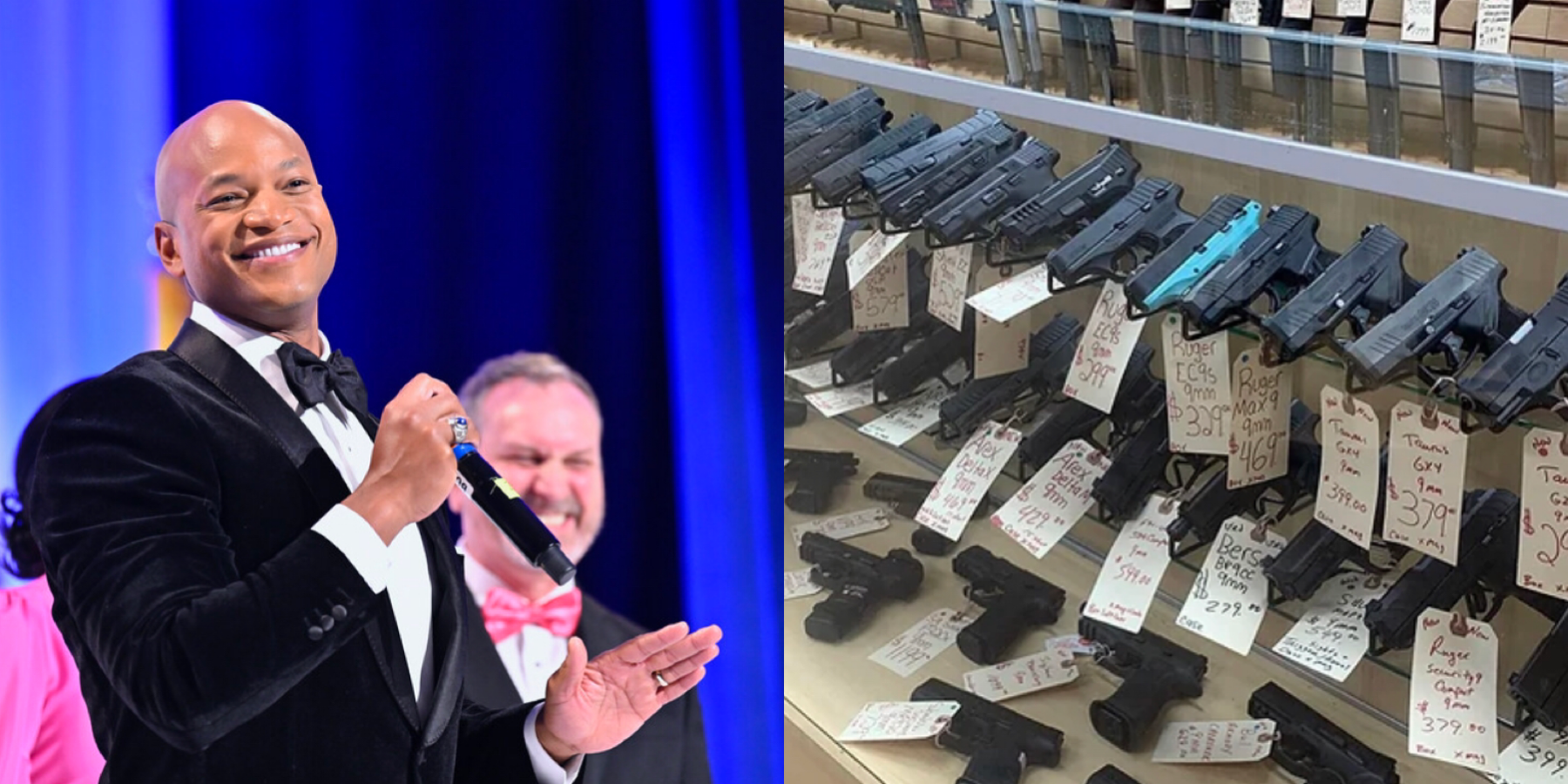Politics
Blue State Will Continue To Enforce Handgun Law Even After It Was Declared Unconstitional

Maryland State Police will continue to enforce a wide-reaching handgun licensing law for the time being, even after a federal appeals court ruled that it was unconstitutional.
Maryland’s Handgun Qualification License (HQL) requires applicants requires residents to submit to a rigorous process in order to purchase a handgun. Applicants must submit fingerprints, agree to a background check, take a four-hour firearm safety course complete with a live fire component, and then wait for approval for up to 30 days before purchasing a handgun. Maryland residents are then required to obtain another license and submit to a seven-day waiting period.
Last Tuesday, a three-judge panel of the Fourth Circuit Court of Appeals ruled 2-1 that the law is overly “burdensome” and cannot stand under last year’s landmark Second Amendment ruling. In June 2022, the Supreme Court ruled 6-3 that similar handgun restrictions in New York were unconstitutionally restrictive.
In order for the law to stand, Maryland’s government would need to prove that it is consistent with the nation’s tradition and history.
“The challenged law restricts the ability of law-abiding adult citizens to possess handguns, and the state has not presented a historical analogue that justifies its restriction; indeed, it has seemingly admitted that it couldn’t find one,” Judge Julius Richardson wrote in the majority ruling.
Despite the court’s ruling against the law, Maryland State Police will continue to enforce it until the federal court issued a mandate. “At this time, the HQL law remains in effect and there are no immediate changes in the process to purchase a firearm in Maryland,” the department wrote in an agency-wide advisory shortly after the court’s ruling.
Maryland officials have 14 days to file for a rehearing before the full appeals court. If the state does not meet the deadline, the court will issue a mandate seven days later.
Officials have not confirmed whether they intend to challenge the ruling, though Maryland Governor Wes Moore said his administration would “continue to fight” for the law, adding that options are currently being evaluated.

